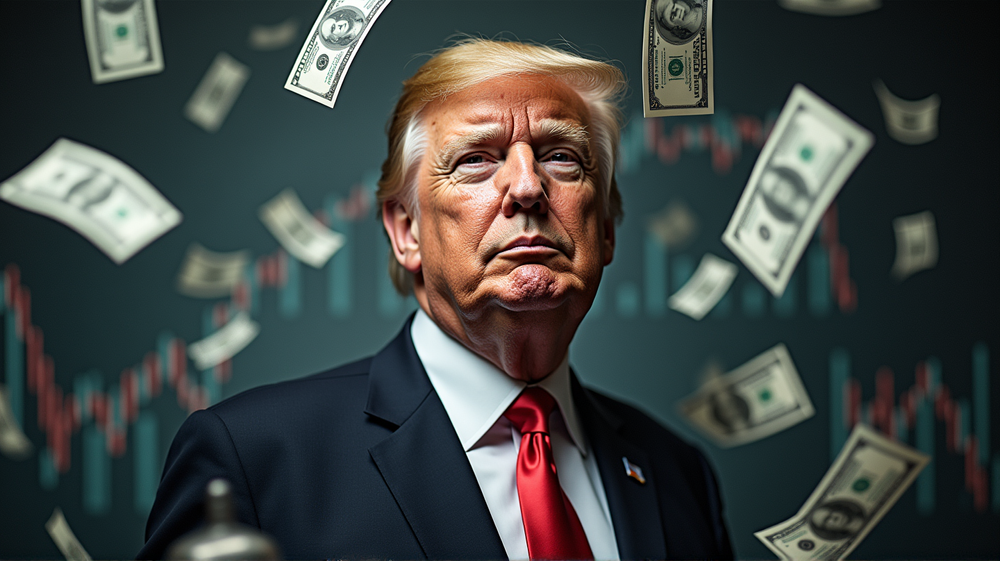Trump's Pledge for Direct Checks: Economic Boost or Inflationary Risk?
President Donald Trump is unwavering in his ambition to dispatch checks directly to the American people. It’s a bold move with potential ramifications that stretch far beyond simple economic stimulus. Whether it’s a $2,000 “dividend” check from tariff revenues or a proposed savings initiative linked to Elon Musk, Trump’s plans are audacious but fraught with challenges.
The Political Tightrope
The political landscape surrounding these proposals is tenuous. If Trump fails to deliver on these promises, he risks voter dissatisfaction. Republican strategist Doug Heye warns, “If you make a promise that sounds good and then it disappears, voters will notice.”
Economic Implications
Direct payments like these risk inflating an already complex economic situation. Economists argue that such stimulus payments are most effective during recessions, a point former National Economic Council official Alex Jacquez emphasizes. “The economic situation today does not call for direct payments,” he states, highlighting potential inflationary pressures.
Republican Dilemma
Trump’s proposals place Republicans in a dilemma. Acknowledging economic vulnerability could counter their narrative of a robust economy. Despite Trump’s confidence in his proposals, experts like Desmond Lachman see these measures as mere election ploys.
Legislative Hurdles
To transform Trump’s vision into reality, significant legislative hurdles remain. National Economic Council Director Kevin Hassett insists that Congress would need to pass legislation for the tariff-related checks—a prospect complicated by a looming Supreme Court decision.
Historical Lessons and Voter Memory
Trump’s previous $1,200 stimulus checks left a lasting memory, with his signature serving as a constant reminder. This is a lesson not lost on President Biden, who acknowledged missing a political opportunity by opting not to sign his name on subsequent checks.
Public Perception and Future Campaigns
Public interest is on the rise, as illustrated by a surge in Google searches for terms like “2000 dollars trump” and “stimulus check 2025.” Yet, as Doug Heye points out, the constant influx of Trump-related news might dilute public focus unless the topic remains foregrounded in upcoming speeches and campaigns.
In conclusion, Trump’s idea of direct checks serves as a lens into the intricate interplay of politics, economics, and public perception. The path forward remains uncertain, filled with political and economic crossroads that will shape the narrative leading up to future elections.




